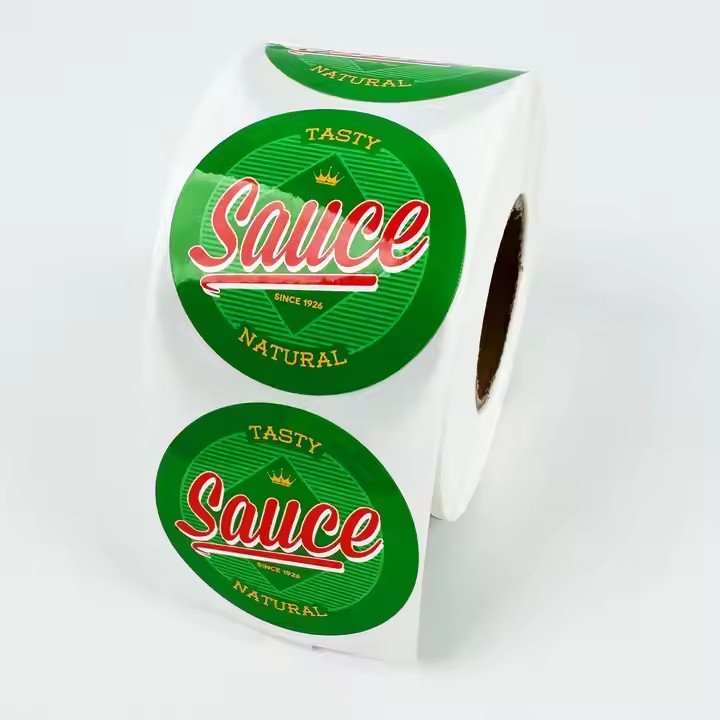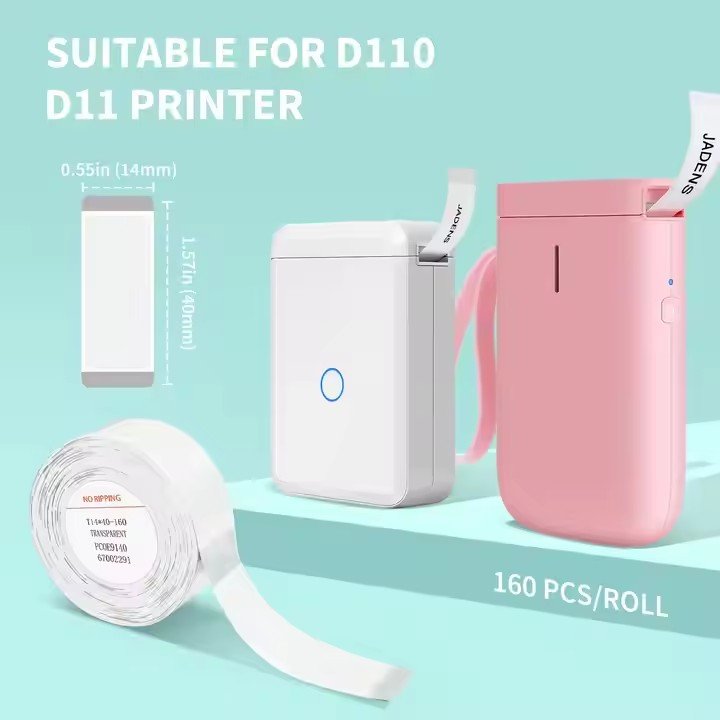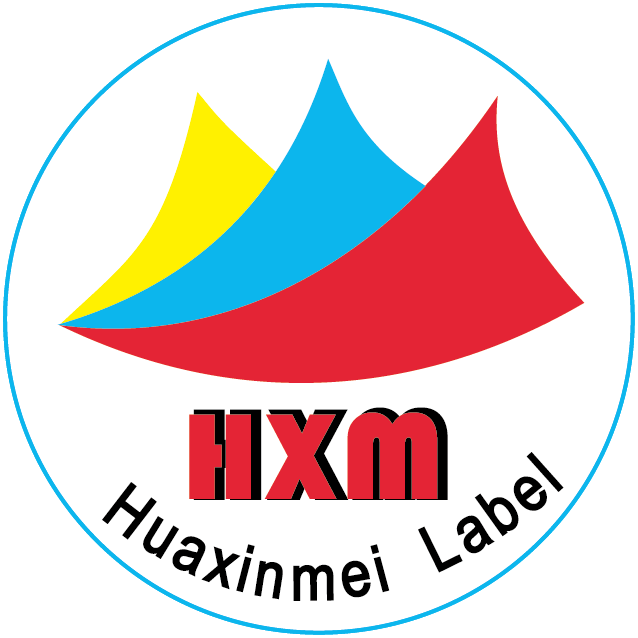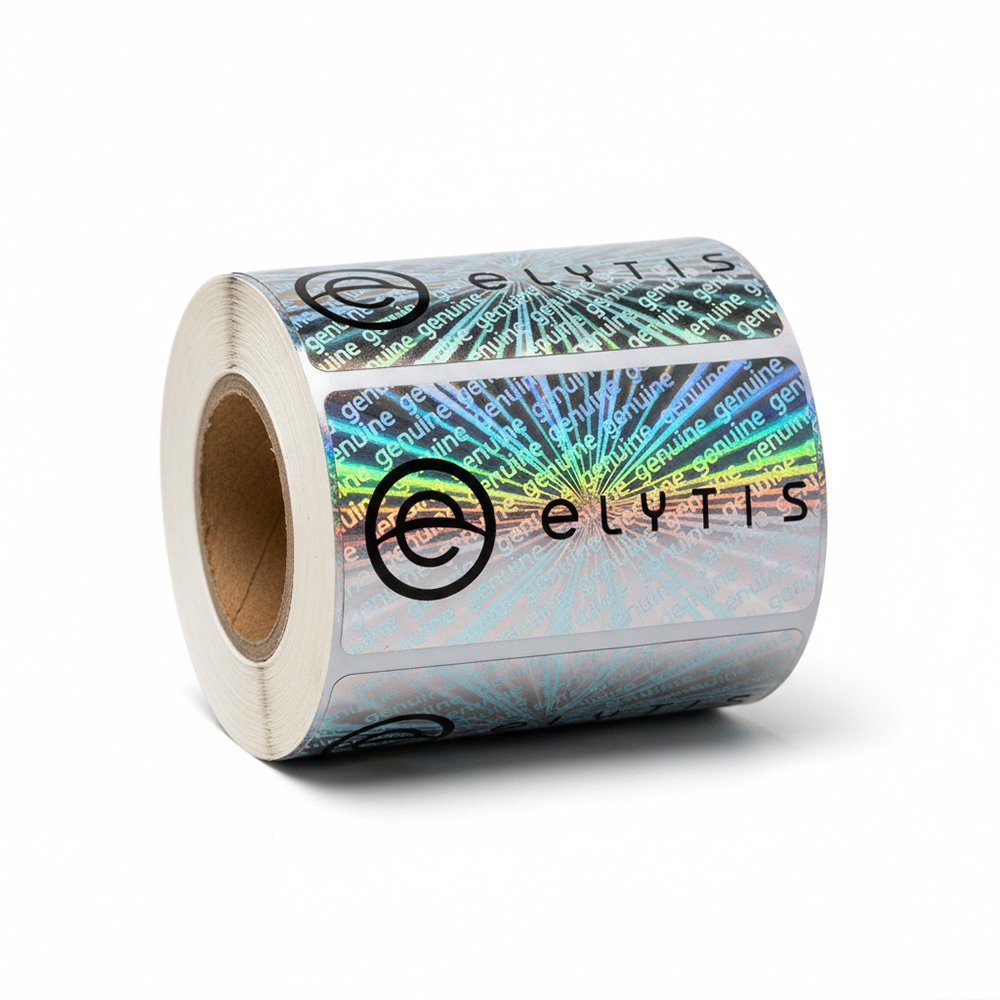I. Core Selection Principles: Compliance First, Practical Adaptation
When choosing paper for Australian health supplement stickers, the primary prerequisite is meeting TGA regulatory requirements. On this basis, practicality and brand positioning should be balanced—three core principles are indispensable:
Compliance Principle: TGA requires health supplement stickers to have “permanently clear information, resistance to peeling, and wipe resistance”. The paper must possess sufficient weather resistance and adhesion to ensure key information such as ingredient lists, dosages, and warning labels remains clear and does not peel off during the product’s shelf life (usually 1-3 years). Meanwhile, the paper and printing inks must comply with Australia’s AS/NZS 1050 standard (food contact material safety standard), prohibiting materials containing heavy metals or harmful solvents to avoid product contamination.
Practicality Principle: The paper must adapt to the health supplement’s packaging materials (glass bottles, plastic bottles, tin cans), storage environments (room temperature, refrigeration, humid areas), and transportation scenarios (friction during international transportation, temperature and humidity fluctuations). For example, glass bottles have smooth surfaces, so the paper needs strong adhesion; refrigerated health supplements (such as probiotics) require stickers that are low-temperature resistant and not prone to fogging; products sold in coastal humid areas need moisture-proof and mold-resistant paper.
Brand Adaptation Principle: The paper texture must match the brand positioning. High-end health supplements can use matte or tactile paper to enhance quality, while mass-market brands can choose cost-effective glossy paper to ensure information clarity. Additionally, the paper should align with Australian consumers’ focus on “environmental concepts”, prioritizing recyclable and low-carbon materials to meet local market environmental demands.
II. Mainstream Adaptable Paper Types: Characteristics and Application Scenarios
Common sticker papers in the Australian health supplement market are mainly divided into three categories: “basic, protective, and high-end”. Different types vary significantly in material properties, durability, and cost, requiring selection based on needs:
(I) Basic Paper: High Cost-Effectiveness for Routine Scenarios
Basic paper is suitable for mass-market health supplements (such as vitamin tablets, mineral supplements) with stable storage environments, short shelf lives (1-2 years), and plastic or tin can packaging. Its core advantages are controllable costs and clear printing.
Coated Paper:
Characteristics: Smooth surface, high whiteness, excellent color reproduction in printing, capable of clearly presenting brand logos, product images, and text information, with high cost-effectiveness.
Application Scenarios: Regular health supplements in plastic or tin can packaging, stored in room temperature and dry environments (such as temperate inland areas of Australia).
Notes: Without lamination, it has weak water and wear resistance—waterproof inks should be used to avoid color fading from friction during transportation. It is not suitable for humid or refrigerated environments.
Uncoated Paper:
Characteristics: Thick texture, strong ink absorption, clear text printing, natural touch, high recyclability, and alignment with environmental concepts.
Application Scenarios: Health supplements positioned as “natural and organic”, packaged in cartons or tin cans, without the need for complex color presentation (such as herbal extracts, organic vitamins).

Notes: Poor water resistance, requiring protection from humid environments. Its uncoated surface has average wear resistance, making it suitable for short-distance transportation or use in sealed packaging.
(II) Protective Paper: Weather-Resistant and Durable for Complex Scenarios
Protective paper is treated with lamination or coating to enhance moisture resistance, wear resistance, and low-temperature resistance. It is suitable for health supplements with special storage environments (refrigeration, humidity), long transportation distances (international transportation), or glass bottle packaging (such as probiotics, fish oil, liquid health supplements).
Laminated Coated Paper:
Characteristics: A layer of transparent film (glossy or matte) is applied to the surface of coated paper, providing water resistance, friction resistance, and scratch resistance. Information remains intact for a long time, and colors are more vivid.
Application Scenarios: Health supplements in glass bottle packaging (such as fish oil softgels, liquid vitamins), products requiring international transportation, or products sold in coastal humid areas of Australia (such as Sydney, Gold Coast).
Advantages: Solves the problems of poor water resistance and easy wear of ordinary coated paper. The laminated layer offers slight water resistance, preventing moisture absorption and wrinkling during warehousing. It is the mainstream choice in the Australian health supplement market.
Synthetic Paper:
Characteristics: Made from polypropylene (PP) or polyethylene (PE), it is waterproof, moisture-proof, tear-resistant, and low-temperature resistant (-20℃ to 60℃). Even when soaked in water, text and patterns will not peel off.
Application Scenarios: Refrigerated health supplements (such as probiotics, active enzyme supplements), liquid health supplements (such as oral liquids, drops), or products sold in tropical humid areas of Australia (such as Cairns).
Advantages: Fully waterproof and mold-proof with excellent weather resistance, suitable for long-term storage and transportation in harsh environments. However, its cost is higher than coated paper, making it suitable for mid-to-high-end functional health supplements.

Matte Laminated Paper:
Characteristics: Matte surface, non-reflective, delicate touch, soft printing colors, certain water and wear resistance, and not prone to fingerprint marks.
Application Scenarios: High-end health supplements (such as anti-aging supplements, high-end fish oil) in glass or metal can packaging, emphasizing brand texture presentation.
Advantages: High visual grade, avoiding unclear information due to reflection under strong light, while balancing durability. It meets the aesthetic needs of the Australian high-end health supplement market.


